To mark the 2024 edition of the International Day of Women and Girls in Science, we are proud to present the profiles of seven women working at the Institut Pasteur. PhD students, research unit heads, group leaders and clinicians, tackling tick-borne diseases, endometriosis, fungal infections, tuberculosis, breast cancer and brain tumors. These experts in immunology, genomics and medical entomology are part of the Institut Pasteur's rich scientific and human tapestry.
The International Day of Women and Girls in Science has been celebrated on February 11 every year since 2016. According to UNESCO, just one third of researchers are women. Although women represent around half of science students, few of them go on to pursue a career in science, and those who choose to do so often have to grapple with lingering gender bias. The presence of women in senior positions is actually falling. A CNRS study in 2019 found that women represented just 27% of research directors and 19% of university professors in science. Far too often, gender bias stands in the way of their career development.
The International Day of Women and Girls in Science was launched in connection with the United Nations' 2030 Agenda for Sustainable Development. The aim is to emphasize the need to promote more equal access to science and to encourage projects and ideas led by women. Scientific research must be as inclusive as possible if it is to address the major challenges of our era and tackle diseases that are all too often neglected.
Camille Berthelot, the Indiana Jones of endometriosis
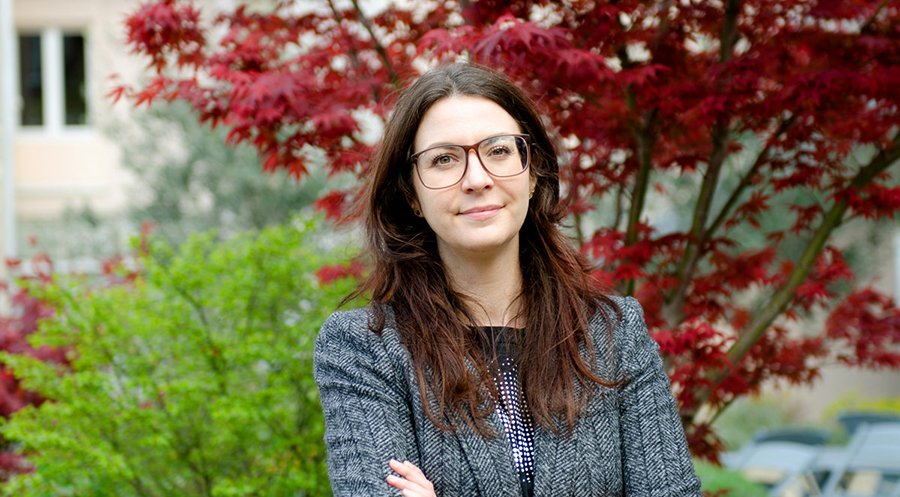
Painful periods, menstruation, endometriosis, diagnostic odyssey – Camille is not afraid to delve into topics that are sometimes seen as taboo but affect a large part of the world's population.
She is head of the Comparative Functional Genomics lab.
genomics; endometriosis; diagnostic
Sarah Bonnet, tickologist and educator
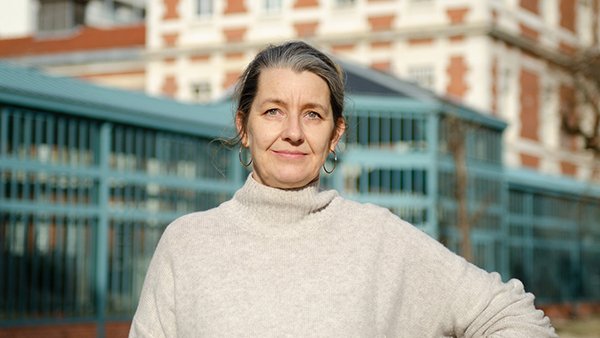
Sarah is a trained veterinary and medical entomologist who is currently mapping the risks associated with ticks in the context of climate change.
She is group leader in the Ecology and Emergence of Arthropod-borne Pathogens Unit
veterinary and medical entomologist; ticks; climate change; emerging diseases
Caroline Demangel – an ambitious and enterprising scientist
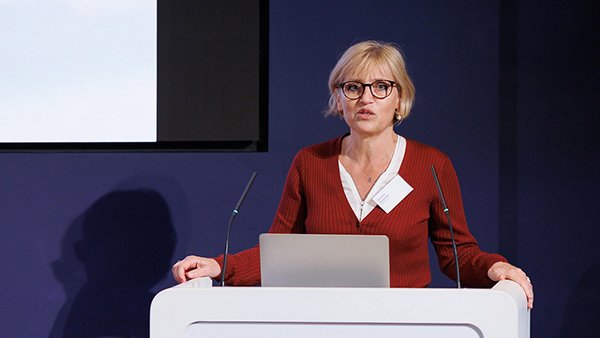
Caroline is seeking to discover new strategies to stimulate or neutralize the immune system. In 2021, her team revealed a new therapeutic target for bone marrow cancer.
She is head of the Immunobiology and Therapy Unit.
immunity; cancer; start-up
Sandrine Etienne-Manneville: a strong-minded woman tackling brain cancer head on
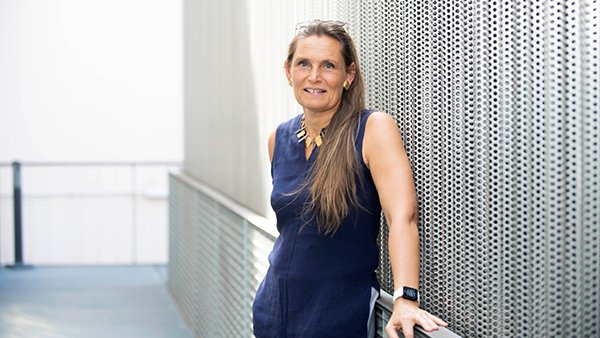
Sandrine is working to elucidate the mechanisms responsible for the invasive properties of glioblastoma cells, which make this type of brain tumor particularly aggressive and incurable.
She is team leader in the Cell Polarity, Migration and Cancer Unit.
glioblastomas; cancer
Sarah Dellière: from hospital to lab, a scientist without borders
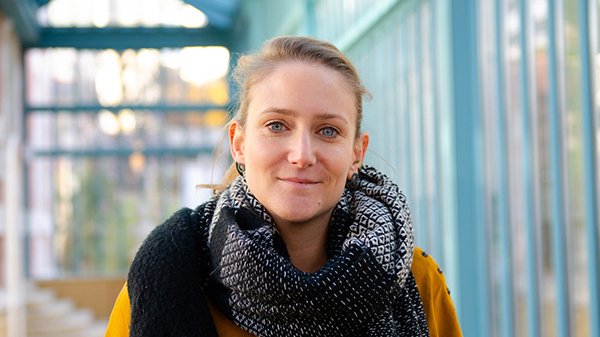
Sarah defended her PhD in September 2023. Her aim is to improve understanding of the underlying mechanisms that govern the interactions between the human immune system and the fungus Aspergillus fumigatus. She now divides her time between the Institut Pasteur and her hospital work, which involves diagnosing parasitic and fungal infections.
She is a scientist in the Immunobiology of Aspergillus Unit
& hospital practitioner in parasitology and mycology at Saint-Louis Hospital (AP-HP).
invasive mycosis; Aspergillus fumigatus; cross-sectional research; clinician
Sara and Parisa Khalilian: twin theses
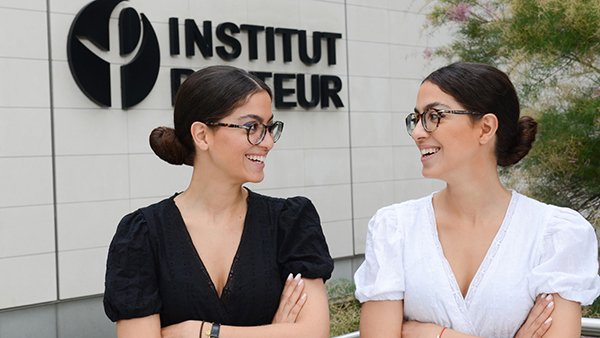
These two quadrilingual sisters, fascinated by research and science, have decided to pursue their career together. They are currently both working towards a PhD at the Institut Pasteur in two separate units.
Sara Khalilian is a PhD student in the Cell Polarity, Migration and Cancer Unit and Parisa Khalilian is a PhD student in the Membrane Traffic and Pathogenesis Unit
cancer; tunnelling nanotubes



